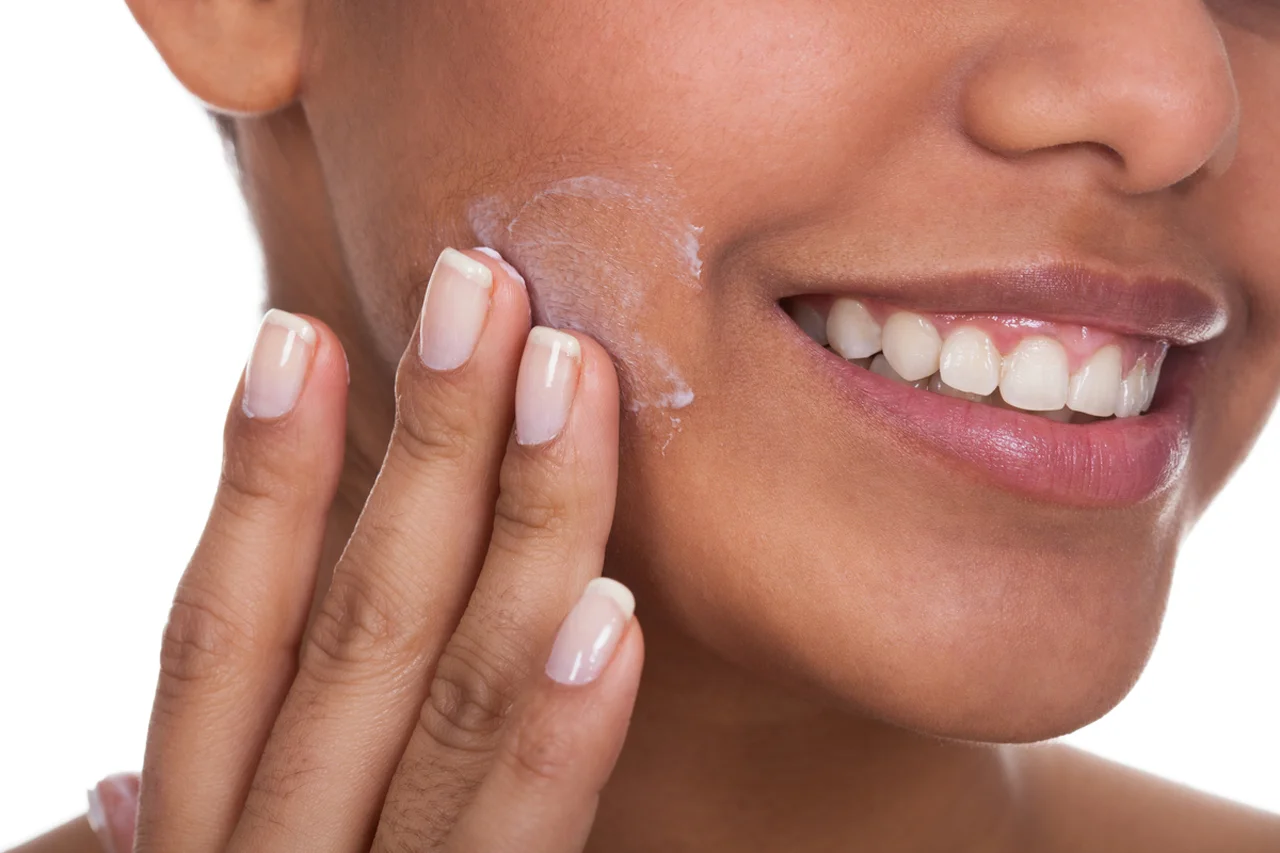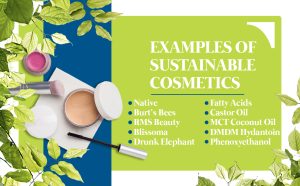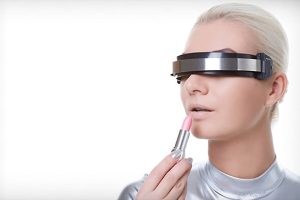
Skincare is an essential part of our daily routine
However, to truly understand how these products work, we need to delve deeper into the science of skincare. In this article, we will discuss the science behind skincare and how cosmetics work to keep your skin healthy
The Science of Skin
The skin is the largest organ in our body and plays a vital role in protecting us from external factors such as pollution, UV radiation, and bacteria. It consists of three layers: the epidermis, the dermis, and the subcutaneous layer. The epidermis is the outermost layer, and it is responsible for protecting the skin from environmental factors. The dermis is the middle layer and contains collagen, elastin, and other proteins that give the skin its structure and elasticity. The subcutaneous layer is the innermost layer and contains fat and connective tissue that provide insulation and support.
How Cosmetics Work
Cosmetics work by delivering active ingredients to the skin that can help to nourish, hydrate, and protect it. The active ingredients in skincare products can penetrate the skin and work on a cellular level to improve the skin’s health and appearance. Here are some common active ingredients found in skincare products and how they work:
1. Retinoids: Retinoids are derived from vitamin A and are commonly found in anti-aging products. They work by stimulating the production of collagen and increasing cell turnover, which can improve the appearance of fine lines and wrinkles.
2. Hyaluronic Acid: Hyaluronic acid is a natural component of the skin and is responsible for maintaining moisture levels. It works by attracting water molecules to the skin, which can help to plump and hydrate it.
3. Vitamin C: Vitamin C is a powerful antioxidant that can protect the skin from environmental factors such as pollution and UV radiation. It also helps to stimulate collagen production, which can improve the skin’s texture and tone.
4. Salicylic Acid: Salicylic acid is a beta-hydroxy acid that is commonly found in acne products. It works by exfoliating the skin and unclogging pores, which can help to prevent breakouts.
5. Sunscreen: Sunscreen is a vital component of any skincare routine, as it can protect the skin from the harmful effects of UV radiation. It works by absorbing or reflecting the UV rays, preventing them from damaging the skin.
Conclusion
Skincare is not just about applying products to the skin; it is about understanding the science behind it. By understanding how cosmetics work and the active ingredients they contain, we can make informed decisions about the products we use and their benefits for our skin. When choosing skincare products, it is important to look for ingredients that are backed by scientific research and have been proven to be effective. With a little knowledge of the science of skincare, we can achieve healthy, glowing skin that is protected from environmental factors and aging.

